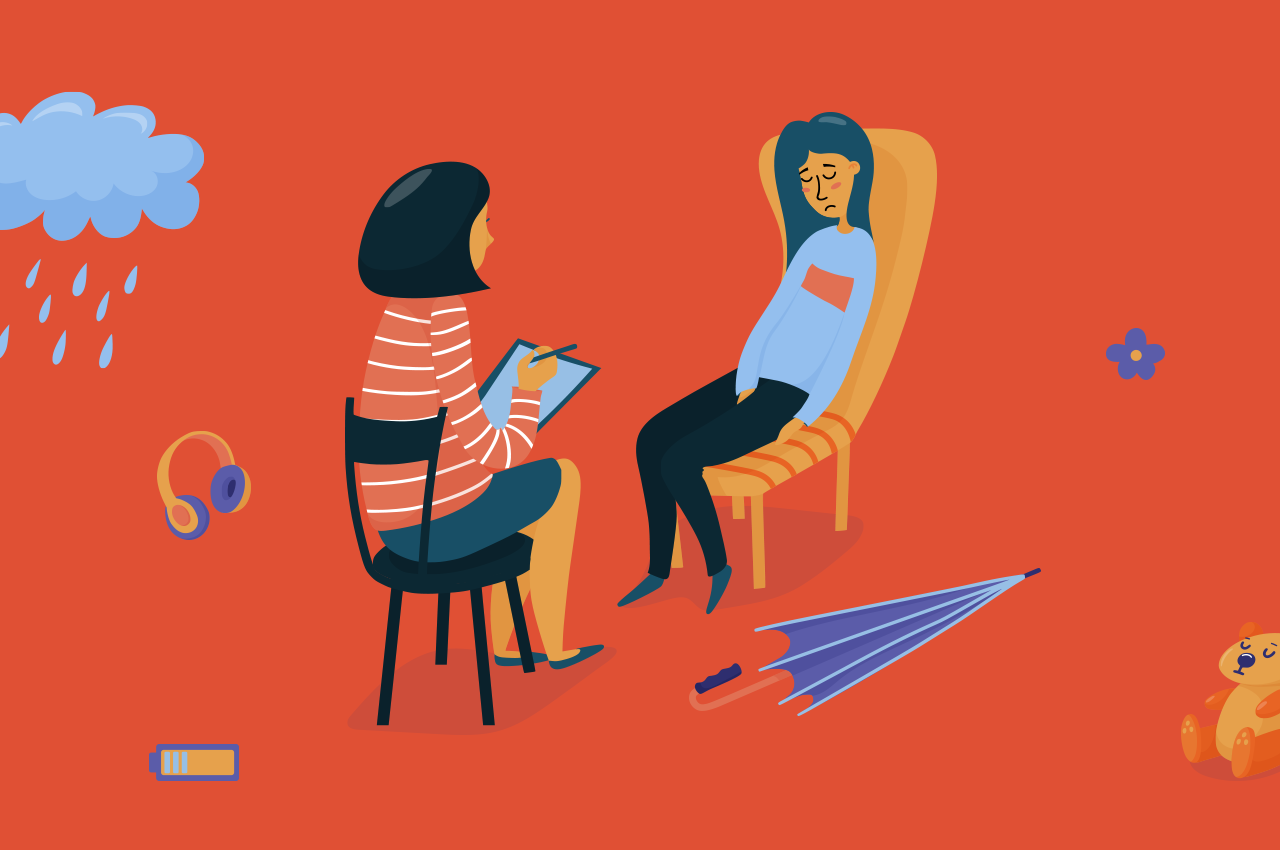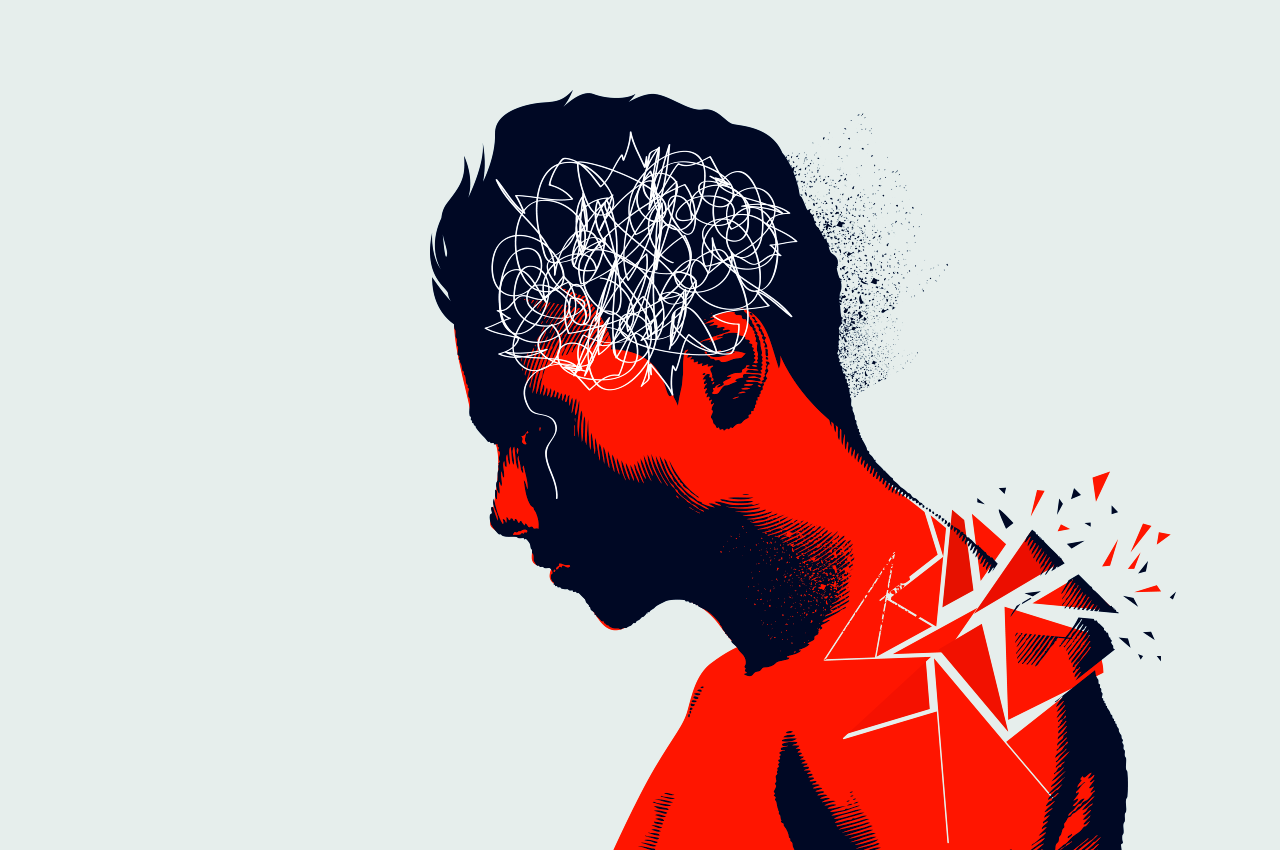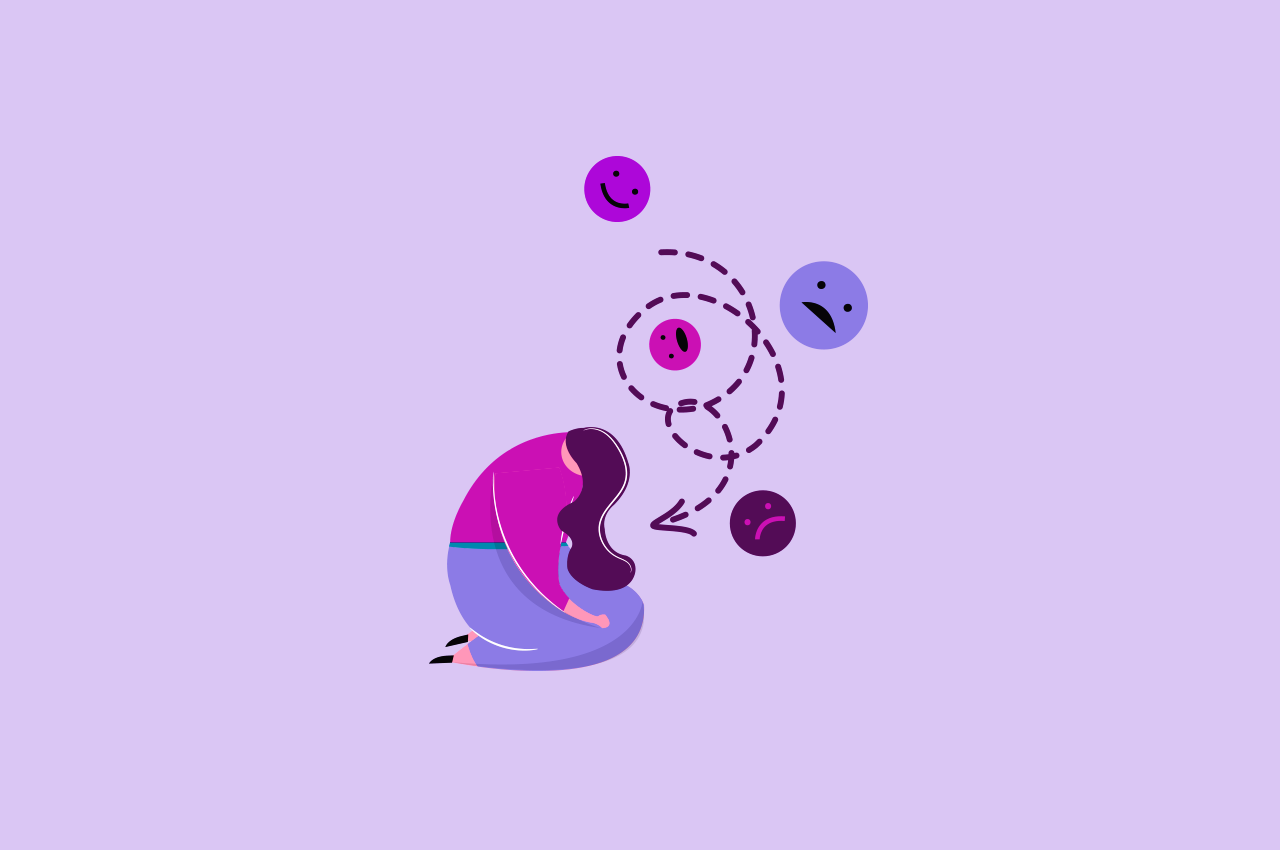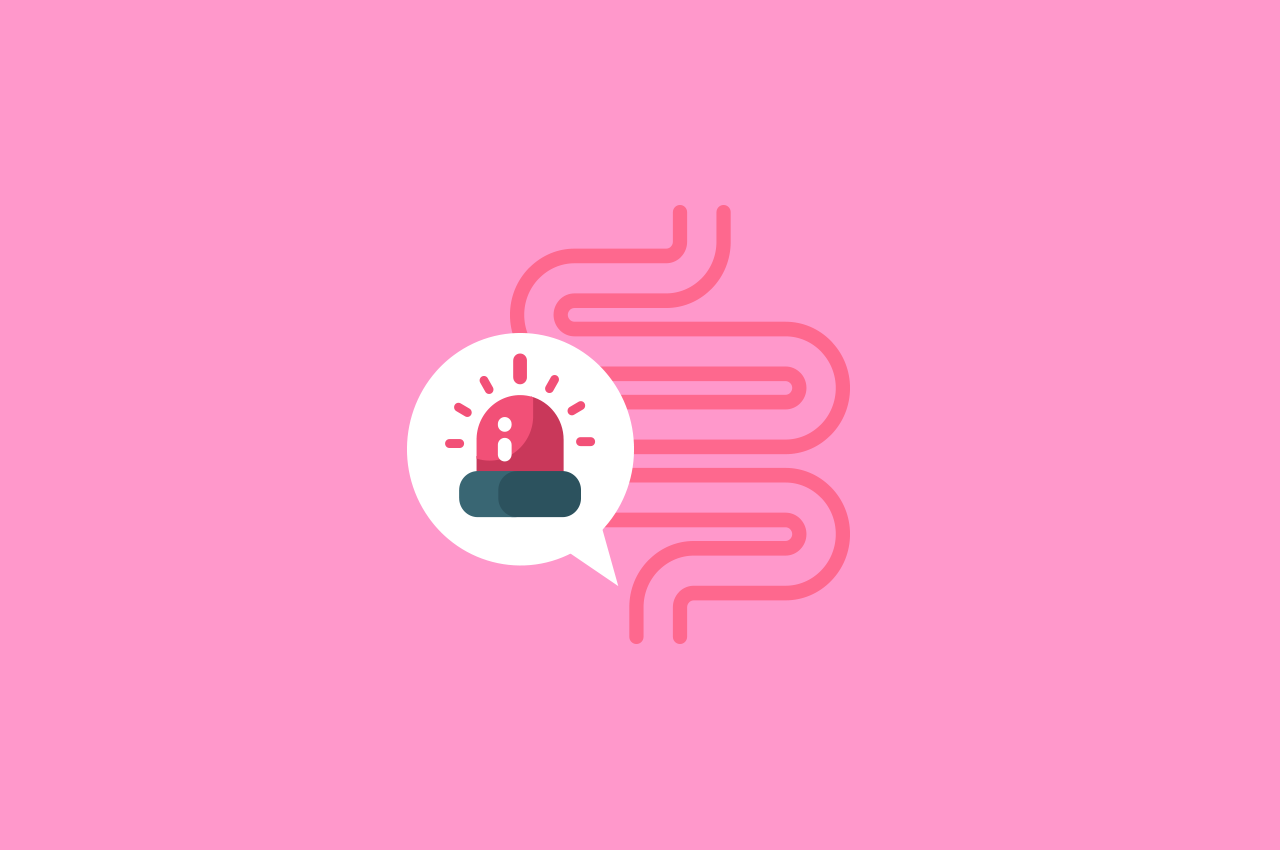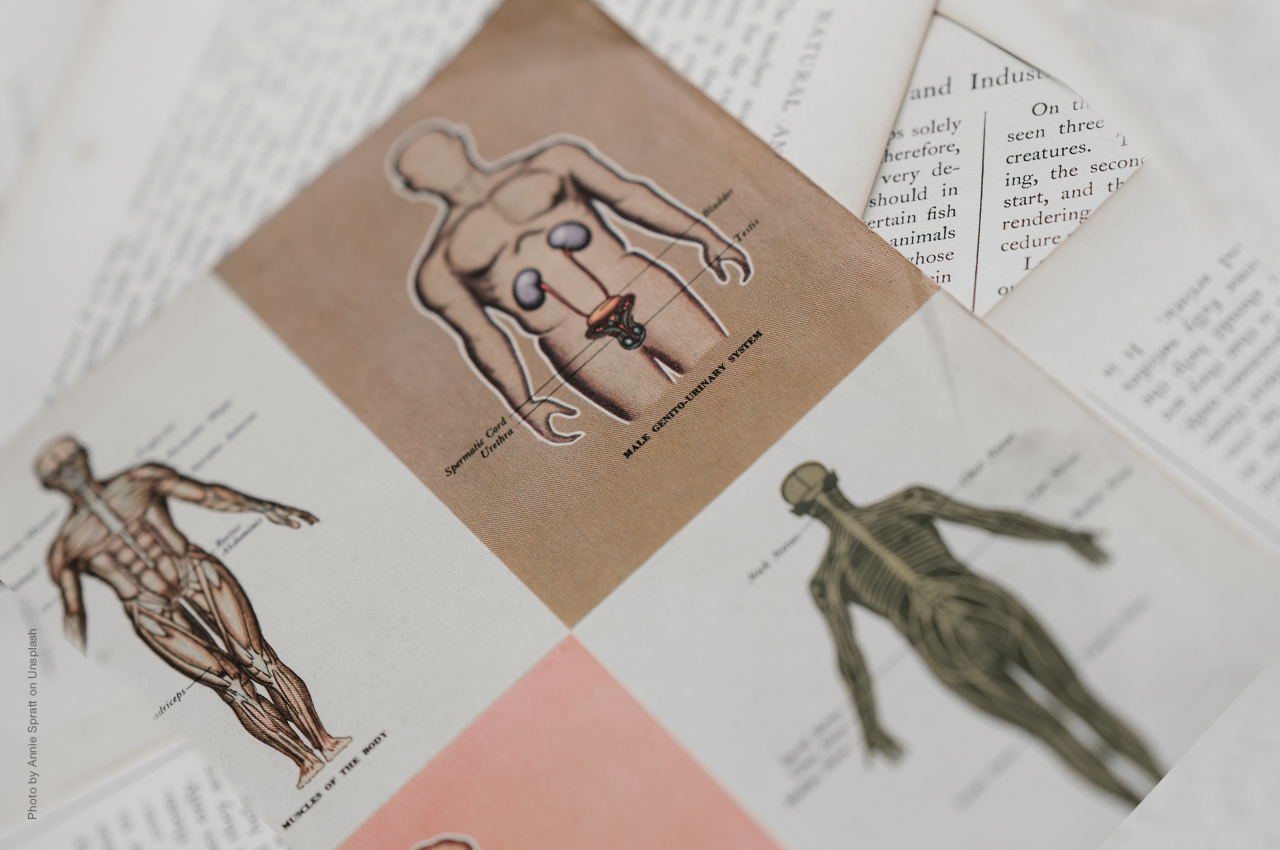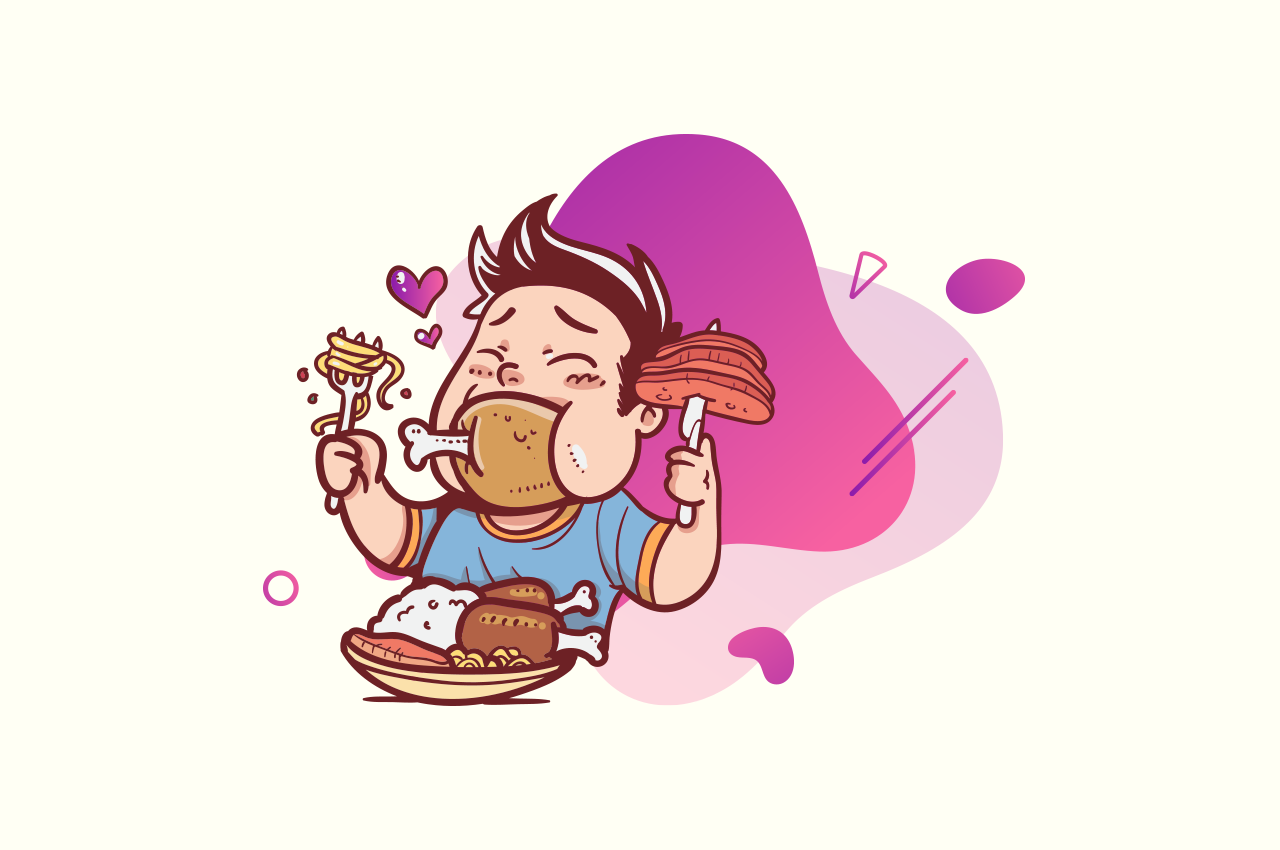When you think of a psychologist, you may imagine someone who works with mental health. That’s true, yet they are so much more.
A psychologist is someone who studies the mind and behaviour. They use the knowledge they’ve learnt to solve problems, mainly surrounding mental health. Practising psychologists can help with a range of everyday problems that you may face.
Here are some things you may not have thought a psychologist could help you with.
Unhealthy addictions and habits
Smoking one too many cigarettes before your exams? Taking too many trips to the bar lately? Some sessions with a psychologist could help. Unhealthy habits like smoking, drug use and drinking are often used to escape from your problems. Psychologists can help you overcome your self-destructive habits and addictions and work through your underlying issues. These may include stress, insomnia, eating disorders and addictions.
Loss
Everyone experiences loss and we all have a different capacity to deal with it. Depending on the kind of loss, it can be more or less difficult to manage. If it’s too difficult to deal with, some people turn to avoidance to help them cope. In the long run, this is unhealthy and leads to lingering problems. A psychologist can help you find healthy ways to cope with your grief.
Stress and anxiety
From exam pressures to work issues, we are all stressed out now and then. For some people though, it can become unbearable and cause anxiety. Over time, too much stress and anxiety can trigger problems like isolation and even depression. Before it gets too much, see a psychologist who can teach you techniques to manage your stress in a healthy way.
Relationship issues
Ah, family and friends. Two groups of people who can make you really happy, but who can also become the root of your issues. A psychologist can help you and your loved ones iron out your issues so that your relationships run smoothly. Adding an independent third party can make it easier to air any issues you might not have been comfortable sharing. You can choose to be counselled individually or as a group.
Phobias
Most people have phobias. For example, being afraid of heights or spiders. Sometimes though, a phobia can become a fear that starts to interfere with your daily life. For example, sitophobia, the fear of eating, could lead to serious health problems. There are no phobias that are too “silly”. A psychologist can help you to overcome your fears.
Performance enhancement
Struggling to get your driver’s license? Are you an athlete anxious about your next event? A therapy session with an experience psychologist could help. In order to perform, you need to be physically and mentally ready and a psychologist can help you prepare your mind for the challenge.
Psychology services and where to find them
Once you’ve identified which kind of service you’ll need, it’s time to find the right psychologist. Often, there’s an on-campus counsellor. Check your university’s website or ask at student services where to find one. If your condition is more serious, the on-campus counsellor or psychologist can refer you to another professional.
Free local help:
- The South African Depression and Anxiety Group (SADAG). They offer free telephonic counselling sessions between 8am and 8pm. They also have a 24-hour helpline for urgent cases.
Contact: 011 234 4837 - Lifeline Western Cape and Johannesburg. Lifeline is a non-profit organisation that offers free counselling and a 24-hour telephonic counselling option for all ages and any issues.

